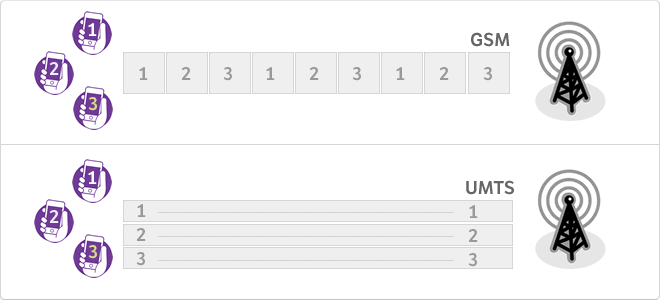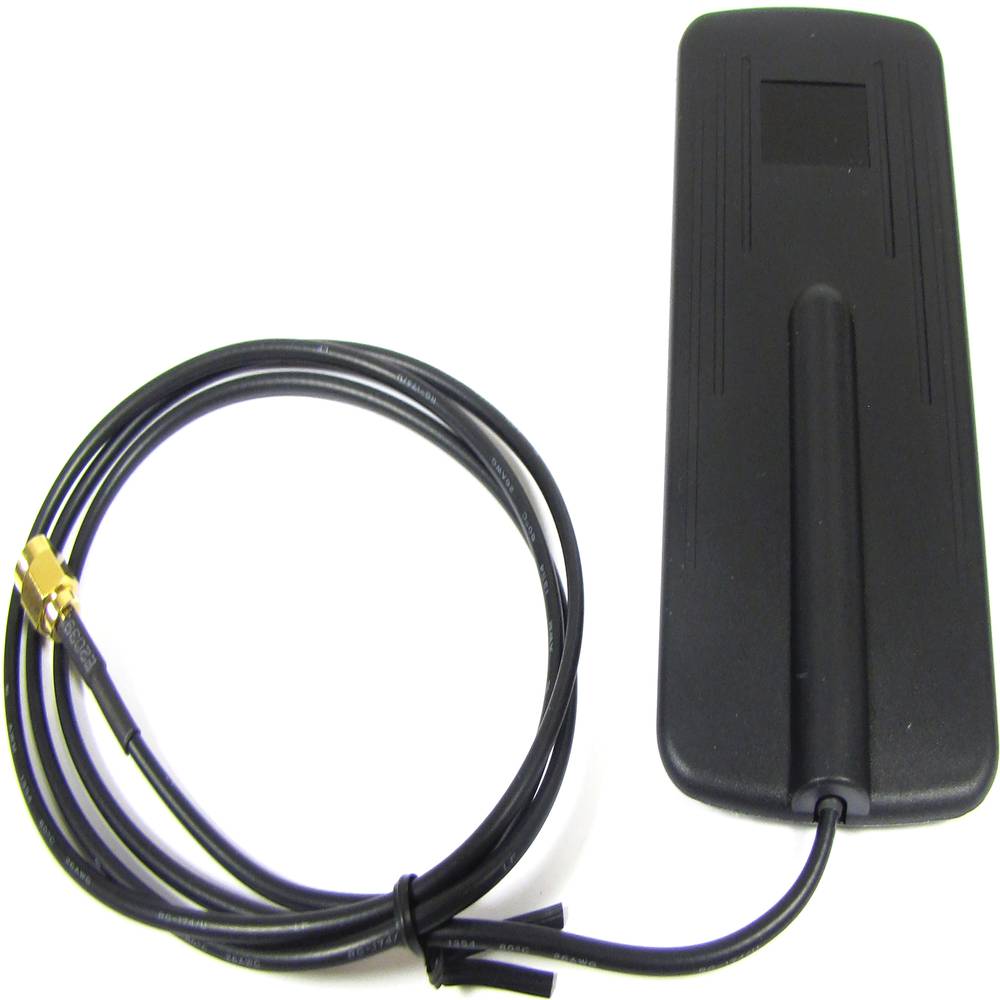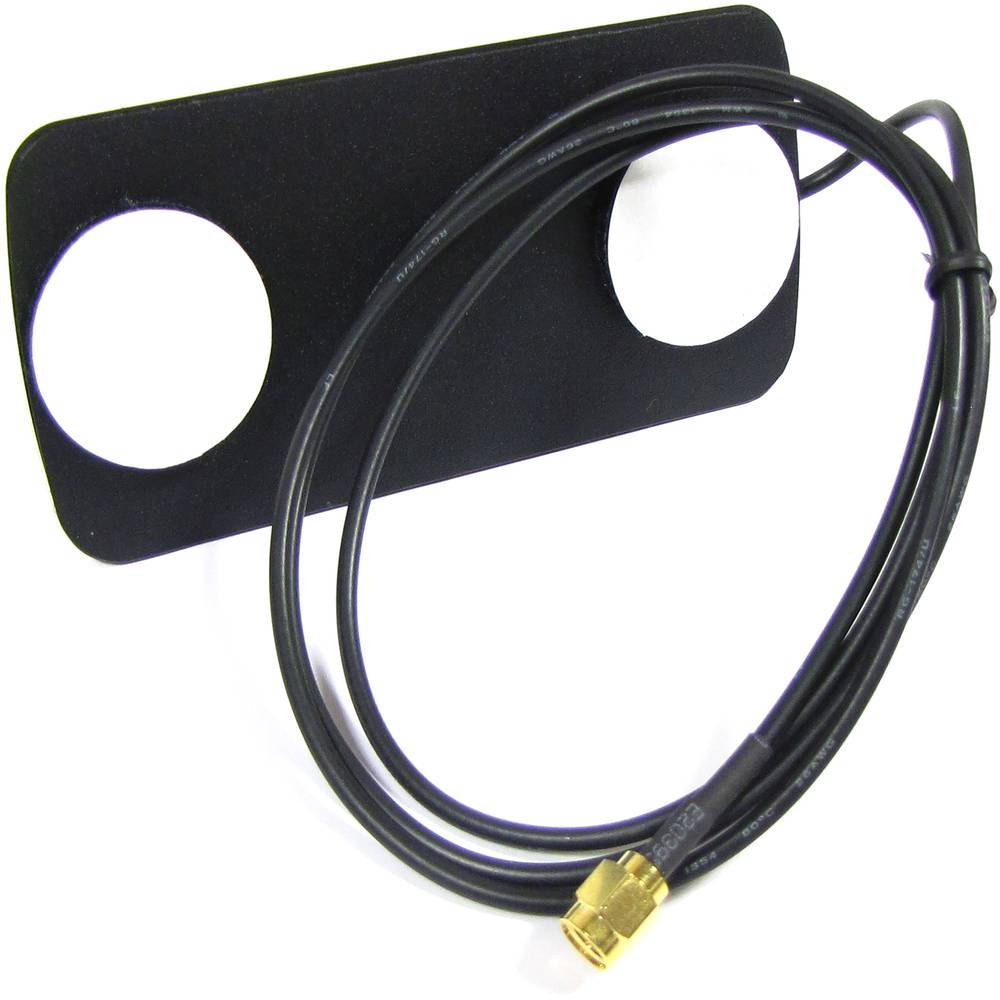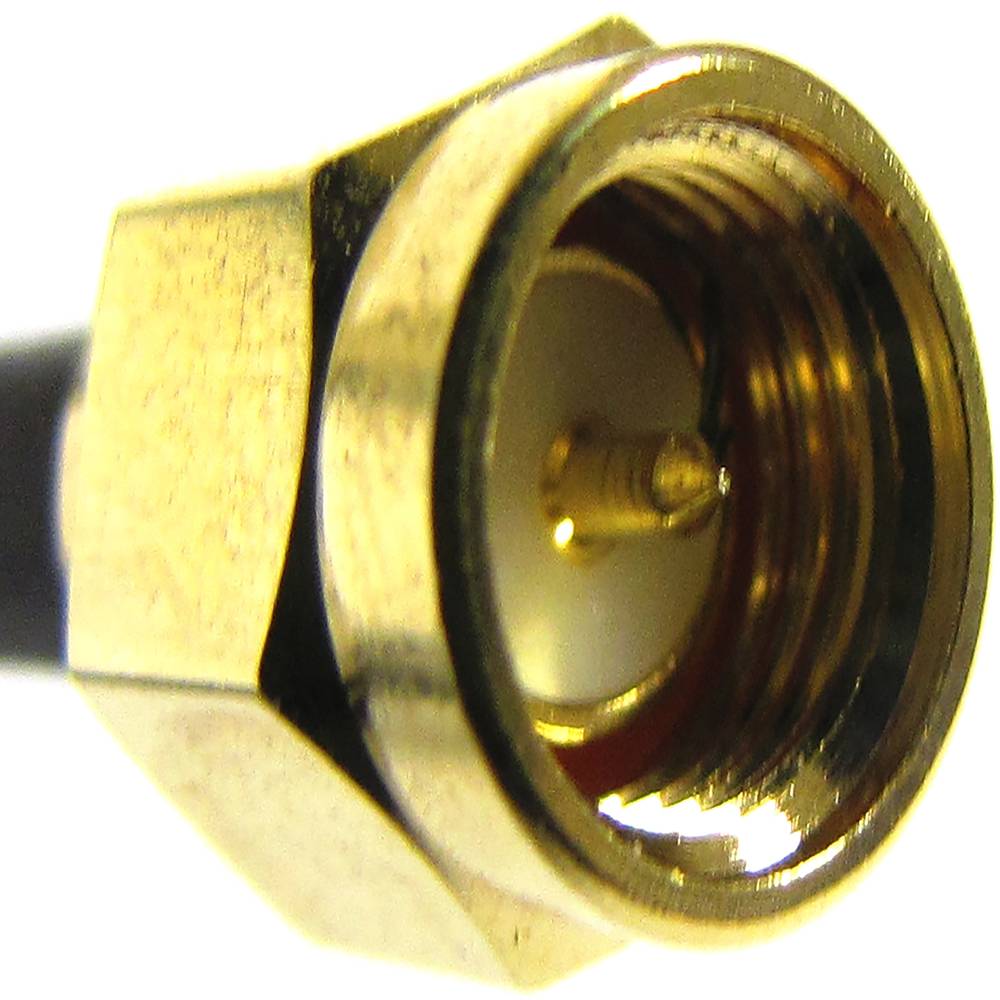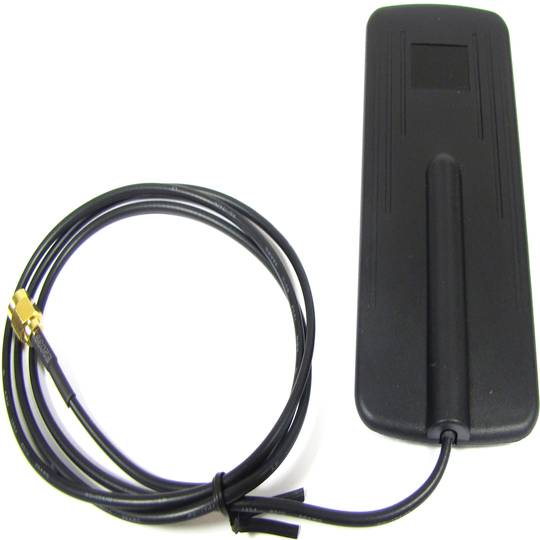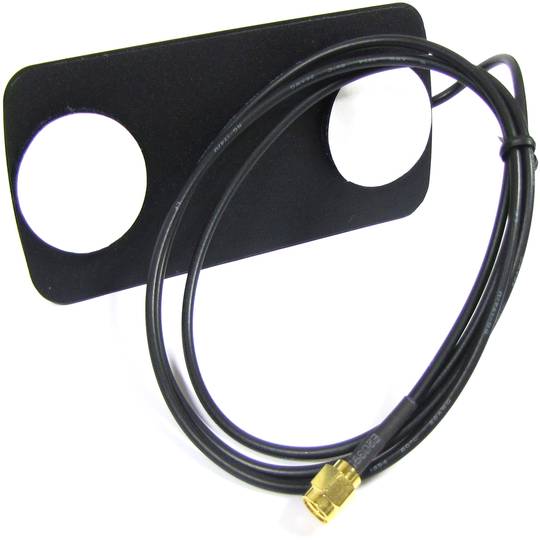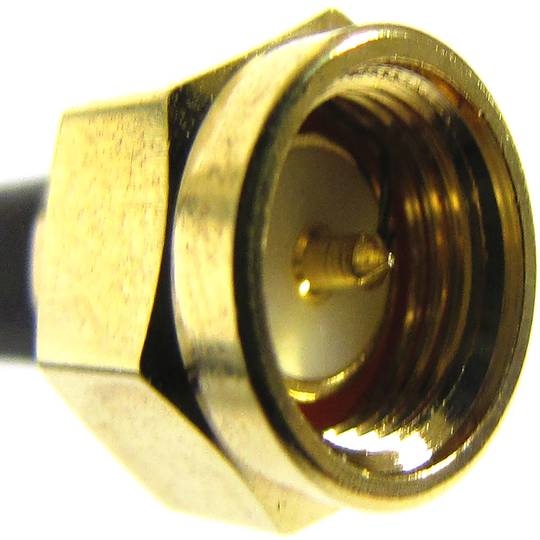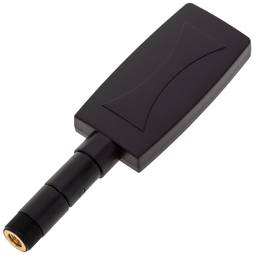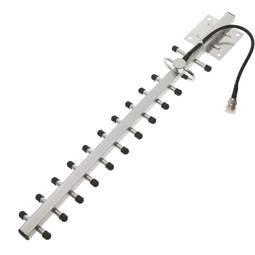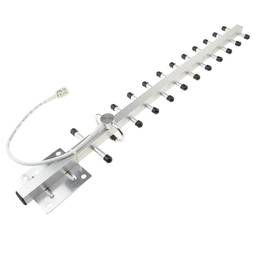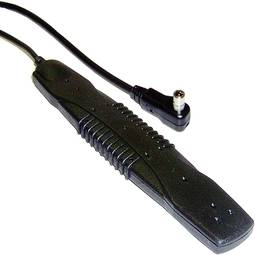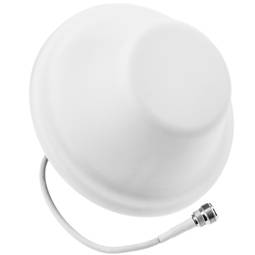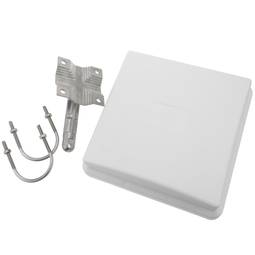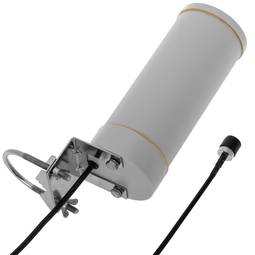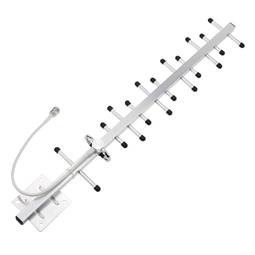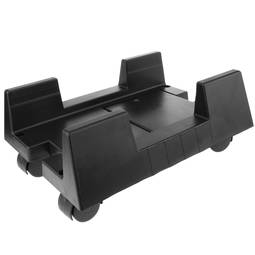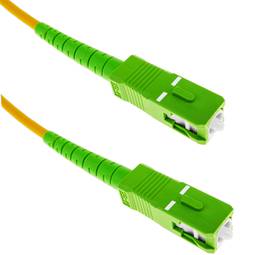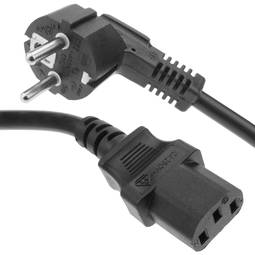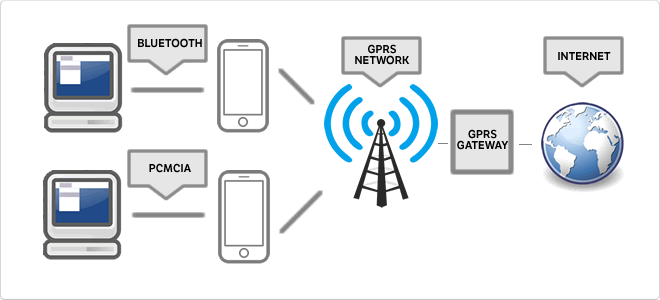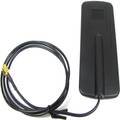01/06/2025 2:55 a.m.
http://cablematic.iskra.cat/en/products/gprs-umts-3g-antenna-with-sma-connector-and-adhesive-bonding-GS009/
http://cablematic.iskra.cat/en/products/gprs-umts-3g-antenna-with-sma-connector-and-adhesive-bonding-GS009/
PVP
€5.33
€2.45
Price including VAT:
€2.45
PVD
€4.69
€2.16
PVP: Retail price.
Check conditions.
PVP: Sale price to distributors.
Check conditions.
warranty
returns
OUTLET
Specifications
- Frequency: 824-960 and 1710-2170 Mhz.
- Impedance: 50 Ohms.
- Gain: 2 and 4 dBi.
- VSWR: <= 2.
- Max power Continued: 10W.
More info
Panel antenna compatible with GSM, GPRS, UMTS and 3G mobile telephony. It can be used in mobile phones, mobile broadband cards, etc. Ideal to extend the coverage quality, move the antenna to areas of better coverage, have better quality in a vehicle, etc.
Specifications
Specifications
- Frequency: 824-960 and 1710-2170 Mhz.
- Impedance: 50 Ohms.
- Gain: 2 and 4 dBi.
- VSWR: <= 2.
- Max power Continued: 10W.
- Connector: SMA male.
- Color: Black
- Size: 115 x 55 x 9 mm.
- Weight: 40 g.
- Fixation: Adhesive with adhesive tape.
- RF cable: RG-174 of 1 m.
- Gross Weight: 50 g
- Number of packages: 1
Technical terms
- UMTS
- GPRS
- dBi
- GSM
- Hz
UMTS
Universal mobile telecommunications system (Universal Mobile Telecommunications System or UMTS) is one of the technologies used by mobile third-generation successor to GSM, because the GSM technology itself could not follow an evolutionary path to get to providing services considered third generation. Although initially is designed for use in mobile phones, the UMTS network is not LIMITADaa these devices and it can be used by others. What are the differences between GSM and UMTS? The GSM system operates by TDMA, ie, time is divided into slots and each user is assigned a slot, ie, a period for which data can be transmitted. Therefore each channel is shared by a number of users. The system is a UMTS (WCDMA) code division multiple access dand broadband. In this system there are no time slots and GPRS. All users transmit simultaneously on the channel, but each user signals are encoded with a unique code so that even though we think that an "indecipherable signal" is formed by using the same frequencies simultaneously, It is not, because the base station is capable of decoding and re perfectly separate each of the communicationsreceived from different users. This obviously implies a much higher channel utilization, to not share in time.
